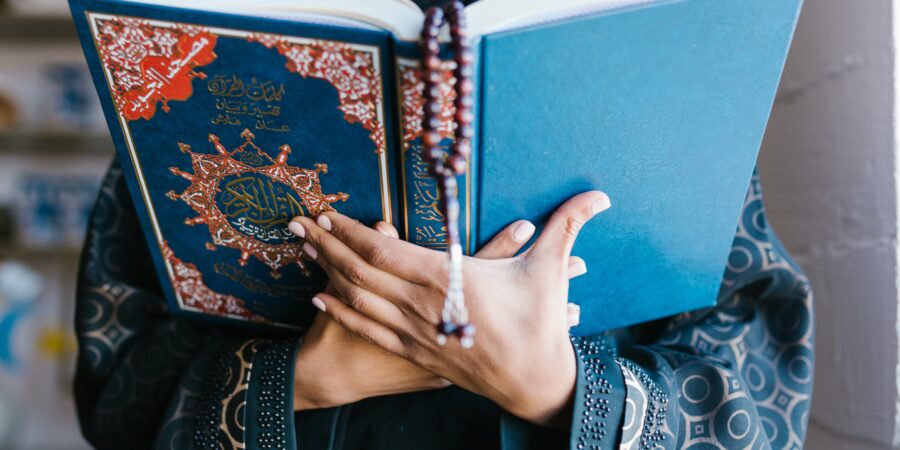FACTS:
Nerrian Maningo-Malaki claimed that on March 26, 1988, she and petitioner Francis Malaki were married under the religious rites of Iglesia ni Cristo in Panabo City, Davao del Norte. They begot two children. In 2005, Francis left the family home for Tagum City to find a job. He later abandoned their family. Nerrian discovered that he was cohabiting with petitioner Jacqueline Salanatin and that they contracted marriage on June 18, 2005, solemnized by a Municipal Trial Court judge. Francis and Jacqueline admitted that they got married while Francis’ marriage to Nerrian was subsisting. However, they claimed that they could not be penalized for bigamy as they converted to Islam pnor to their marriage.
The RTC found petitioners guilty beyond reasonable doubt of bigamy. It reasoned that the Muslim Code does not govern the circumstances of Nerrian, Francis, and Jaqueline considering that Nerrian is not a Muslim.
Petitioners’ Motion for Reconsideration was denied.
On appeal, the Court of Appeals affirmed the Regional Trial Court’s ruling.
The CA found that all elements of bigamy were present. It held that unless the first marriage was dissolved and finalized under the Civil Code, any party’s subsequent marriage shall make them liable for bigamy.
Francis and Jacqueline moved for reconsideration, but it was denied.
Hence, this petition.
ISSUE:
Whether or not a party to a civil marriage who converts to Islam and subsequently marries under the Muslim Code is exempted from criminal liability for bigamy.
RULING:
Petition denied.
The RTC convicted petitioners with bigamy penalized under Article 349 of the Revised Penal Code, which states:
ARTICLE 349. Bigamy. -The penalty of prision may or shall be imposed upon any person who shall contract a second or subsequent marriage before the former marriage has been legally dissolved, or before the absent spouse has been declared presumptively dead by means of a judgment rendered in the proper proceedings.
Contracting a second marriage without the previous declaration of nullity of the first consummates the crime of bigamy.
To successfully prosecute this crime, the following elements must be proven:
(1) that the offender has been legally married;
(2) that the first marriage has not been legally dissolved or, in case his or her spouse is absent, the absent spouse could not yet be presumed dead according to the Civil Code; (3) that he contracts a second or subsequent marriage; and
(4) that the second or subsequent marriage has all the essential requisites for validity.
Petitioners admit that Francis was legally married to Nerrian and that the marriage was not dissolved. They likewise admit that they subsequently married despite the subsistence of Francis’ marriage to Nerrian. These admissions sufficiently establish all the elements of bigamy which prove petitioners’ guilt beyond reasonable doubt.
However, they claim that they both converted to Islam, and were married under Muslim rites. They contend that Muslims may subsequently marry and this exculpates them from criminal liability.
As provided in Article 180 of the Muslim Code, when married in accordance with the Muslim Code’s provisions or under the Muslim law before the Muslim Code’s effectivity, a male Muslim shall not be indicted for bigamy when he subsequently marries.
Whether petitioner Francis converted to Islam before or after his marriage with petitioner Jacqueline, the subsequent marriage consummated the crime of bigamy. He cannot successfully invoke the exculpatory clause in Article 180 of the Muslim Code, considering that the Muslim Code finds no application in his then subsisting marriage with Nerrian, the marriage recognized by law that bars and penalizes a subsequent marriage.
A party to a civil marriage who converts to Islam and contracts another marriage, despite the first marriage’s subsistence, is guilty of bigamy. Likewise guilty is the spouse in the subsequent marriage. Conversion to Islam does not operate to exculpate them from criminal liability. Further, a married Muslim cannot many another. In exceptional cases, a married Muslim man may do so if “he can deal with them with equal companionship and just treatment as enjoined by Islamic law.”
This Court affirms the Court of Appeals’ ruling that petitioners are guilty of bigamy under Article 349 of the Revised Penal Code.
